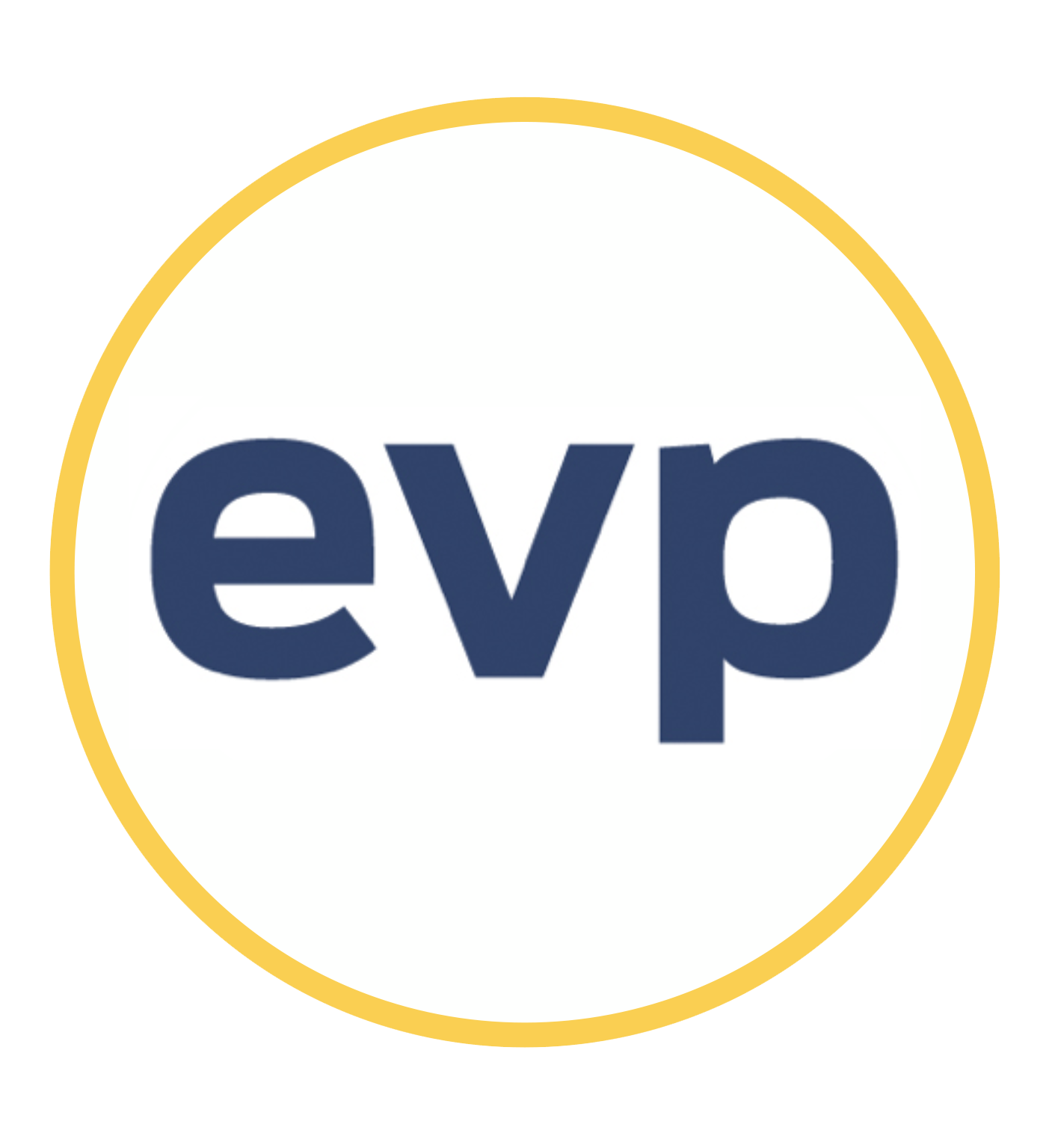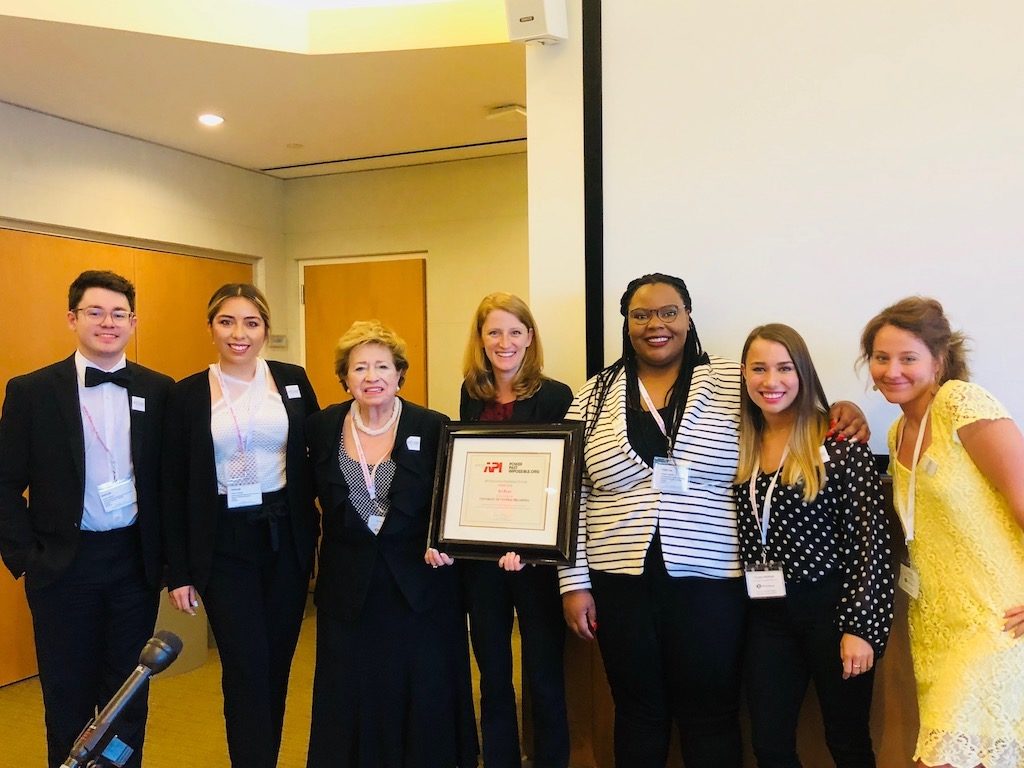Press Release
FOR IMMEDIATE RELEASE
API: Educating Our Energy Future winners announced in Washington, D.C.
Eighteen U.S. schools competed, with Okla., Ind. and Colo. taking top honors
WASHINGTON - Today in Washington, D.C., the American Petroleum Institute (API) held final presentations for its “Educating Our Energy Future” competition at API’s headquarters. Eighteen U.S. colleges and universities participated during their spring academic term, tasked with designing and developing educational products, tools and resource materials to increase awareness about the role that natural gas and oil have in our everyday lives. Each team was responsible for determining their own specific target audience of young people, including researching the target’s awareness and knowledge about the role of natural gas and oil. Final reports back to the client included what content and topics the target audience found most interesting and what outreach mechanisms proved most effective.
The top three schools were announced on May 4, and after today’s final presentations and judges’ deliberation, the winners were announced as follows:
1st place — University of Central Oklahoma - enPower 2nd place — Indiana University South Bend - Energem: the Crackening 3rd place — Colorado Mesa University - The Logical Middle
API leadership presented the teams scholarship awards of $10,000, $7,000 and $5,000 respectively.
The winning team, from University of Central Oklahoma, confirmed in their research that younger Americans have little to no knowledge of the petroleum industry, coupled with a negative perception of its impact. The enPower team aimed to increase individual awareness by providing hands-on curriculum, experiences and social media engagement to educate about the powerful roles that petroleum and natural gas fill in their personal lives and in the economy, while offering information about the proactive environmental measures being taken by the industry. In short, they posed a hypothetical world to students — “Imagine waking up one day with no access to any petroleum-based products, or natural gas or any fossil fuels. What would we do or do without?” By introducing youth to the reality of how dependent their lifestyles are on these products, they aimed to deliver personalized lessons and thought-provoking questions on how petroleum and natural gas impact their everyday lives.
Indiana University South Bend’s project had the tagline, “Natural Gas and Oil? Let’s Get Cracking!” Their project name, “Emergem: The Crackening,” featured a play on words and represented a game app to engage students along with a tie-in website. The game depicts a “colorful world filled with interesting characters, challenging and dynamic levels, and a merging of two gameplay styles to better showcase the natural oil and gas industry.” How it works: Players participate in cave runs to collect resources that they can trade in with in-game shopkeepers, who make products reliant on natural gas and oil, for upgrades to make their cave runs more fun and engaging. Players can also collect “power-ups” by visiting the tie-in website which has articles providing explanations of the real-life processes that were introduced during gameplay. Supplementing these concepts were in-class educational posters, postcards, a Kahoot game and Snapchat filter.
Students from Colorado Mesa University produced an education video about energy use along with an augmented reality game to demonstrate the importance of various energy sources working in collaboration. For example, students can use the gaming app to scan over the room and collect energy “units” that are classified as either petroleum or renewable. They can then use their bank of collected units to power everyday items around the room, say, lighting a room with 100 petroleum units, 500 renewable units, or a combination of the two. The difference in “cost” is based on the average megawatt hours produced per worker. Quiz questions presented during the game provide the opportunity to earn more energy units, and market research was conducted to better understand what teens currently know about energy and its sources.
EdVenture Partners (EVP) manages “API: Educating our Energy Future,” one of several programs that it has teamed with API on during recent years. This type of market research intelligence and program represents one of EVP’s product offerings, though they also conduct programs with implementation budgets, where students activate, refine and measure their ideas, reporting back to the client on their findings.
EdVenture Partners is an organization dedicated to developing innovative industry–education partnership programs. These experiential learning opportunities provide hands-on, real-world experience to students in tandem with providing marketing, recruiting and social impact solutions at colleges, universities and high schools to clients. EdVenture Partners has designed and managed programs at over 800 schools in North America and internationally.
###

